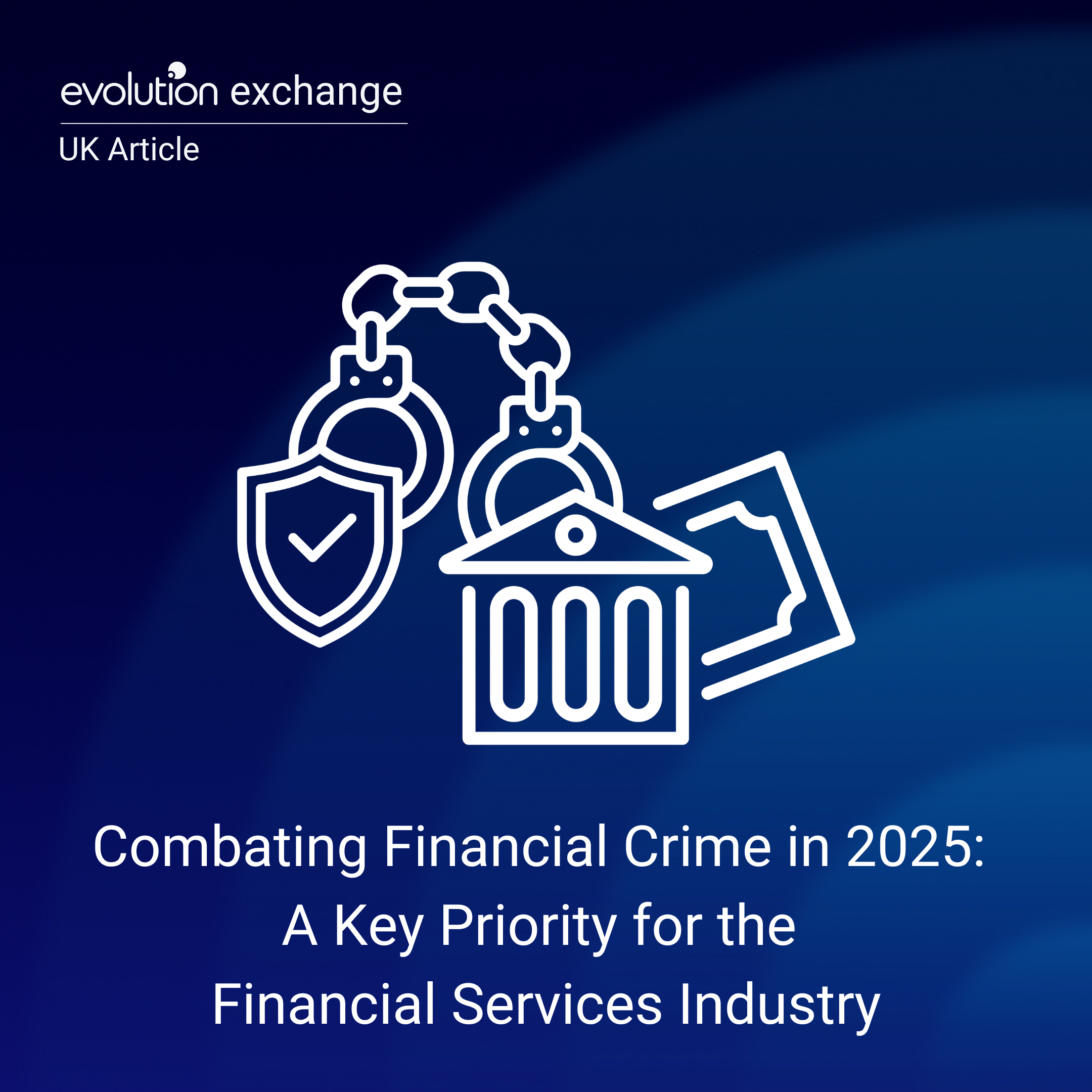“Some of it is just day to day and you become accustomed to it,” says Alex Thomson, a senior engineering manager at Sky Bet. When she first started at the company four years ago, she was one of only three women among 60-70 people in the Tribe she was hired into. “The majority or average type was white male around the age of 25, so that was a bit of a shock.” Four years later, things are very different, thanks to the diversity and inclusion pledge at Flutter – as well as there being more women in tech now than ever before. However, there is always room for improvement.
While the tech industry has historically been male-dominated, Alex vows to bring more diversity. Yet women still face subtle and overt obstacles. “It’s either obvious and in your face or it’s subtle things that people don’t think of,” Alex explains. She gives an example of a male colleague posting a gif message in a team channel indicating the team meeting is about to begin: “I’m ready for you boys” and not considering how that might make women feel excluded.
Other frequent microaggressions include questioning women’s technical abilities or their commitment once they have children. These slowly erode confidence over time. According to Alex, “It can really affect women in tech. That’s one of the reasons for impostor syndrome; can I do it?”
The Need for Open Communication and Vulnerable Leadership
When asked where companies should start in tackling these issues, Alex emphasises organisational commitment and open communication. “It’s all about being honest and open and transparent,” she says. “Just having that open, honest communication can be really empowering.”
This means leaders need to model the way by being vulnerable about their own mistakes and struggles. As Alex explains, “Usually sharing and being vulnerable, people connect to that, people connect to the vulnerability and the fact that you’ve gone through that too.” Creating a culture where people feel safe to report issues is the first step.
Leaders also need self-awareness about unconscious biases. Alex once told a male report he was hiring too many people with a similar demographic to himself, young white men. “If we want to progress as a leader, if we want to win the hearts and minds of our teams, we need to mix it up a little.”
The Power of Empathy on Leadership Teams
Alex describes herself as the “mama bear” of her team – a very protective, nurturing leader attuned to her team’s emotional needs. She explains that having an empathetic woman on the leadership team makes a real difference during times of change and uncertainty. “But I am not afraid to have the difficult conversations when needed, there are boundaries, a line, and my team know exactly where that line is, and that too is equally important, so that people know that I will challenge inappropriate behaviour, as psychological safety, and a safe environment helps people be innovative and creative.”
“Especially when we’re talking people, we need that emotional connection because people aren’t resource,” says Alex. She can acknowledge people’s anxieties and provide reassurance. Her differing viewpoint also causes male leaders to “stop, reflect and it might change how we move forward.”
Alex concludes: “But we need those differing opinions and those differing thoughts to come together. So we can do the right thing or do the best we can. If we don’t have a diverse workforce, then the answers to the questions or solutions to the problems we seek, are likely to be very similar”
Changing Biased Recruitment Processes
One area Alex sees great need for improvement is in recruitment and hiring practices. Too often hiring managers discount female applicants or those without degrees based on unconscious bias.
“Absolutely, recruitment plays a huge part in it,” Alex affirms. “When we get CVs, I’m sure many people have done it. You look at that CV and you might think, oh, it’s a woman’s name or you might notice their date of birth and think oh, no.”
Instead, Alex prefers to bring candidates in for informal chats to get a sense of their personality, collaboration abilities and desire to learn. It helps to start off informally and see if Alex’s team are a good fit for the candidate just as much as understanding if they are a good fit too. She firmly believes you can teach someone the technical skills but “not the attitude, openness, respect and passion which can set some people apart. We may have some people who are technically outstanding, but if they don’t embody the right behaviours or the values of the organisation, they can really be toxic to the team, and the workplace.” Alex herself started in a call centre before working her way up and says a degree is not necessary to succeed.
Advice to Those Starting Out
For those new to tech, Alex advises networking and researching companies, but not being afraid to be yourself. “I would say look at different schemes such as Code First Girls and other organisations that do things for social mobility,” she suggests. Some organisations even offer graduate schemes, where people can come in and train on the job and gain the relevant academic qualifications.
Alex concludes that authenticity and genuineness count more than pure technical skills. “For me, that authentic, genuine, passionate sort of person is exactly who I would hire any day over someone uber technical.”






























